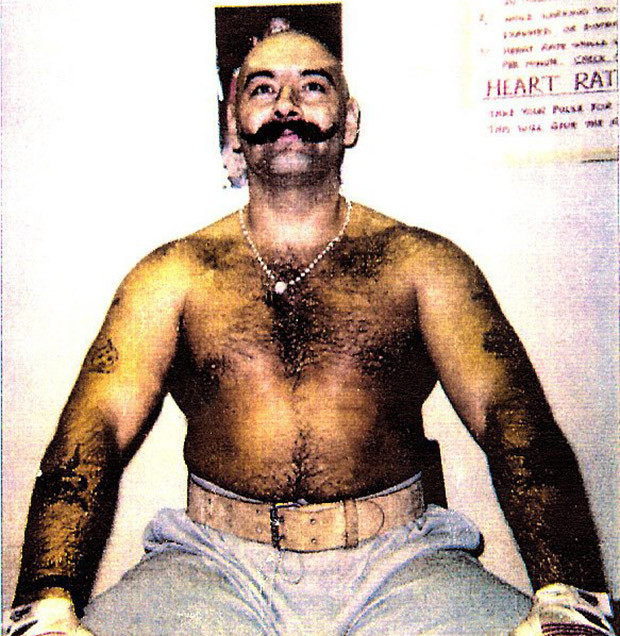The High Court has given the green light for a legal action challenging the ban on parole hearings being held in public by one of Britain’s most notorious prisoners. As reported on the Justice Gap, Charles Salvador (previously Charles Bronson) has been in prison for most of the last 45 years and wants to waive his right to privacy and for his next parole hearing to be held in ‘the full public glare’.
According to Salvador’s legal team, if successful the Ministry of Justice would be forced to change the parole board rules. ‘The only reason I want a public parole board hearing is simple,’ the prisoner said. ‘I want the public to see there are no dirty strokes being pulled. I am sick of being behind closed doors and 20 foot walls.’ He also said he wanted everyone to ‘see Charles Salvador is not Charles Broson. I am a born again artist and I want the public to see that.’
His lawyers – solicitor Dean Kingham of Swain and Co Solicitors and barrister Matt Stanbury of Garden Court North – argue that the parole board rules’ blanket ban on public hearings is unlawful and, if successful, the challenge would force the government to change the regime. In particular, they argue that Parole Board Rules 2019, rule 15(3) requiring parole board hearings to be held in private offends the well-established principle of open justice as well as being in breach of the article six right to a fair and public hearing.
The latest legal challenge cites the judicial review of the the Parole Board’s decision to release serial sex offender John Worboys. They argue that there is considerable and legitimate public interest in better understanding how a prisoner could be locked up for 45 years and how the parole board decides his case.
Kingham described his client as ‘currently at the mercy of the Secretary of State’ and dependent upon him for being able to progress out of the close supervision centre. ‘One of the reasons being used to stop him progressing is that he should develop his interpersonal relationships with officers by playing board games,’ he says. ‘He has good relationships with staff. Playing board games does not reduce his risk of future violence.’







